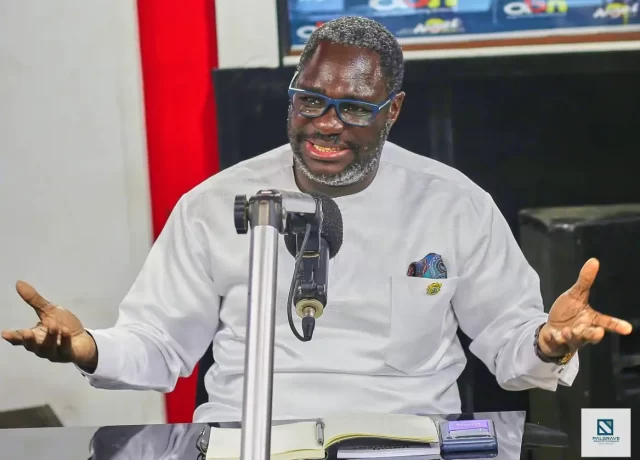Dr. Mahamudu Bawumia, the New Patriotic Party’s (NPP) 2024 presidential candidate, faces mounting criticism from within his own party over his analysis of its electoral defeat, with allies accusing him of evading accountability for the administration’s shortcomings.
The backlash intensified after Dr. Bawumia attributed the loss to factors including economic hardships, policy missteps, and perceived arrogance within the government during a post-election “Thank You Tour.”
Dr. Palgrave Boakye-Danquah, former Government Spokesperson on Governance and Security, condemned Bawumia’s attempts to distance himself from the Akufo-Addo administration’s record, calling the move politically opportunistic. “As Vice President, he had every platform to dissent or shape policy but remained silent until it suited his ambitions,” Boakye-Danquah argued. He singled out Bawumia’s muted response to the Domestic Debt Exchange Programme (DDEP), which triggered protests from pensioners and widespread financial distress, as evidence of selective accountability.
Boakye-Danquah also criticized Bawumia for deflecting blame onto President Akufo-Addo regarding soaring living costs and abrupt fuel price hikes days before the election. “Shifting responsibility for these hardships is disloyal and undermines collective accountability,” he stated.
Echoing these sentiments, Defence Minister Dr. Omane Boamah rebuked Bawumia’s narrative on social media, writing, “Bawumia blames everyone except himself for the NPP’s economic mess.” His post underscored broader frustration within the party over Bawumia’s refusal to acknowledge his role in policies like the contentious Electronic Transfer Levy (E-Levy) and IMF-backed debt restructuring, which alienated voters.
Bawumia’s tour highlighted grievances such as the government’s failure to reshuffle officials and the “haircut” policy’s unpopularity, yet his explanations have done little to quell internal dissent. The fallout exposes deepening rifts within the NPP as it grapples with rebuilding trust and strategy after losing power. Analysts note that the party’s ability to reconcile internal divisions and redefine its leadership narrative will be critical ahead of future elections.
The controversy underscores the precarious balance political figures face when navigating accountability after electoral setbacks. While Bawumia seeks to position himself as a reform-oriented leader, his critics argue that distancing from past governance failures risks eroding party cohesion and public credibility. As the NPP confronts this reckoning, its capacity to unify around a transparent, collective vision may determine its trajectory in Ghana’s evolving political landscape.
Send your news stories to newsghana101@gmail.com
Follow News Ghana on Google News










